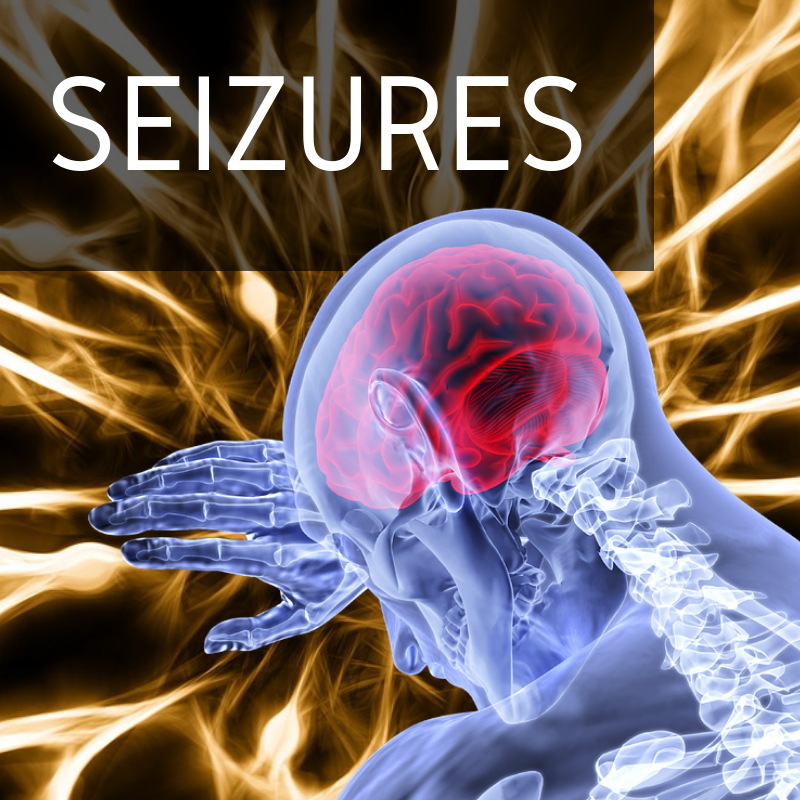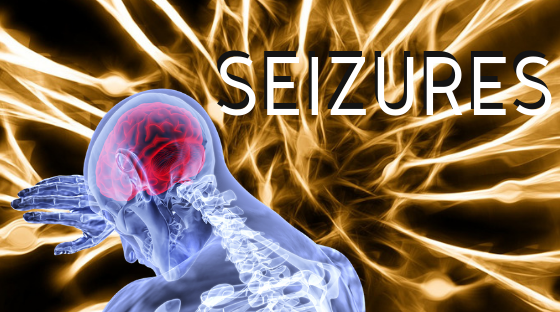There are many people who suffer from seizures. In some cases, people can control the frequency of their seizures with anti-epileptic therapy. While this can allow these individuals to return to work and school, there are many people who are unable to control their seizures. For these individuals, the SSA can provide financial benefits. When someone is applying for SSA benefits secondary to a seizure disorder, the frequency of these seizures is going to matter.
The SSA agency breaks their seizures down into two categories. The first is the generalized, grand-mal seizure, which most people associate with a four-extremity shaking. The other category is the dissociative, dyscognitive seizure, where an individual temporarily loses awareness of his or her surroundings. For someone to qualify for SSA benefits, the frequency of these seizures is typically:
- Generalized: Averaging at least one seizure per month of a period of at least three months in a row
- Dyscognitive: Averaging at least one seizure per week for at least three months in a row
Please remember that these standards are put in place for those who are seen regularly by a physician and are taking their physician-prescribed anti-seizure medications exactly as instructed. If people are not seeing their doctor regularly and are not taking their medications as denied, there is a high likelihood that their application will be denied.
What About Those Whose Seizures Are Not This Frequent?
Of course, there are plenty of individuals whose seizures do not meed these thresholds and yet still have significant issues maintaining full-time employment. Fortunately, there are ways for these individuals and their loved ones to qualify for SSA benefits. Some of these factors include:
- People who have clustering of their seizures may require hospitalization that keeps them out of work for several days
- Individuals can show long-term confusion after a seizure happens, leading to multiple days of missed work.
- Some people with seizures are excessively tired after a seizure, preventing them from working effectively
Because of this, it is important for anyone who is considering SSA benefits for a seizure disorder to work closely with their physician and ask for additional resources when needed.
For more information about epilepsy, seizures, and the SSA Application process, click here. If you or a loved one needs help understanding and/or submitting a SSA claim for seizures, epilepsy, or a similar ailment, call our offices for a complimentary consult now.



